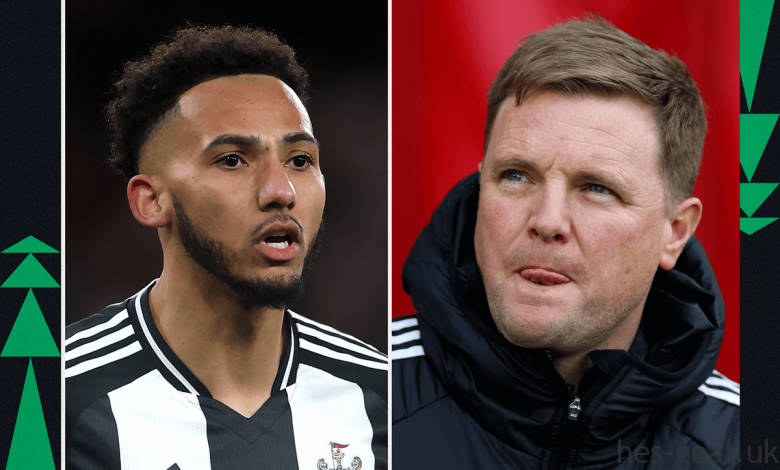
The Premier League’s Profit and Sustainability Rules (PSR) Inhibit Newcastle United’s Ability to Strengthen Their Squad
The most tedious of transfer windows has finally come to an end for Newcastle United. Incomings were never anticipated, and fringe exits were expected – and that is what transpired, although the January window at St James’ Park was more complex and less linear than anticipated.
The Premier League’s Profit and Sustainability Rules (PSR) remain a significant constraint for the club, limiting their capacity to strengthen the squad. For supporters, who are weary of hearing these three letters, there is frustration, and it is challenging to fully comprehend the financial restrictions Newcastle faces.
Was the January Transfer Window a Success or Failure?
The reality is more nuanced than a simple success or failure. While Newcastle did not bring in any first-team players, failing to materially strengthen their starting XI for the third consecutive window, and even allowed two squad members to depart, the wider context needs to be considered.
Newcastle went into January aiming to sell at least one squad player to aid their PSR position. The persistent message from late November onwards was that securing incomings would be extremely difficult and highly unlikely. The club tracked several defenders, including Abdukodir Khusanov, Vitor Reis, and Juma Bah, but all three ultimately joined Manchester City, much to the frustration of Newcastle’s hierarchy, who were unable to act decisively due to the financial constraints.
In one sense, the window could be considered a success, as Miguel Almiron and Lloyd Kelly, who had limited Premier League starts between them in the 2024-25 season, were moved on for fees that could rise to a combined £31 million ($38 million), albeit the £20 million from Kelly will not be banked until the next accounts. This improved Newcastle’s PSR standing, and none of their key players, such as Alexander Isak, Anthony Gordon, or Bruno Guimaraes, departed.
However, supporters who do not have access to the full PSR data may have a less sympathetic perspective, given the club’s financial situation remains opaque. There were suggestions in December that Newcastle may have the capacity to sell to buy, but by mid-January, it became clear they actually needed to sell for PSR reasons, as head coach Eddie Howe admitted once Almiron had left.
The Timing of the Window Closing and the Impact on the Team
The timing of the transfer window closing has been inopportune, optics-wise. Newcastle have won 10 out of their past 12 games and are sixth in the Premier League, a position that should be enough to secure Champions League football for next season. They are also 2-0 up heading into Wednesday’s Carabao Cup semi-final second leg against Arsenal, so their position has transformed significantly from two months ago.
However, performances have stuttered over the past couple of weeks, with Bournemouth and Fulham leaving Tyneside with deserved victories. Howe has appeared reluctant to use his replacements early, and the attacking depth is not there at the moment. Howe has admitted he fears a “staleness” creeping in due to the lack of arrivals, and his public acceptance of the situation should be informative for supporters.
The Road Ahead: Summer Transfer Plans and Priorities
The club’s hierarchy believes they simply could not act this month, rather than opted against doing so. “Good financial housekeeping” has been the mantra internally, and while that does not mean there is suddenly going to be a bottomless pit of cash to spend this summer, Newcastle will be in a position to do significant, potentially wide-ranging, incoming business.
The priority for the summer will be to address the right-winger and right-sided centre-half positions, which have yet to be augmented post-takeover and are in desperate need of strengthening. With Wilson likely to depart once his contract expires, a forward is also being considered, with Lille’s Jonathan David among those tracked. A reshuffle of the goalkeeper department is also possible, with Martin Dubravka and Odysseas Vlachodimos’ long-term futures uncertain and Burnley’s James Trafford admired.
Overall, while the January window may have been frustrating for Newcastle supporters, the club’s hierarchy believes the sales-led approach this month will free up the club to undergo wider squad surgery in the summer, with the hope of further strengthening the team and challenging for a top-four finish next season.



